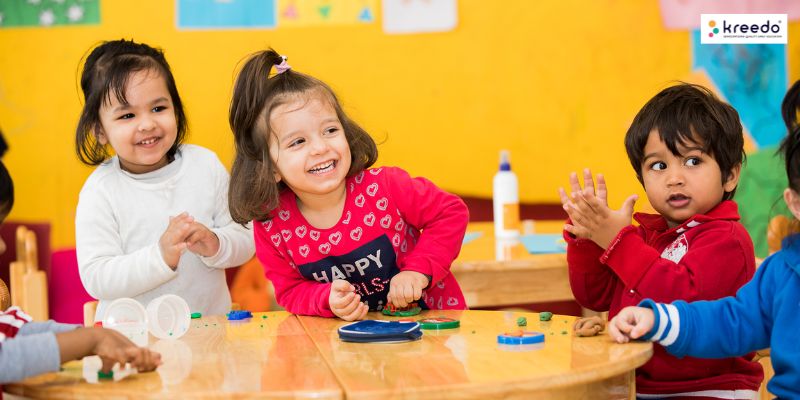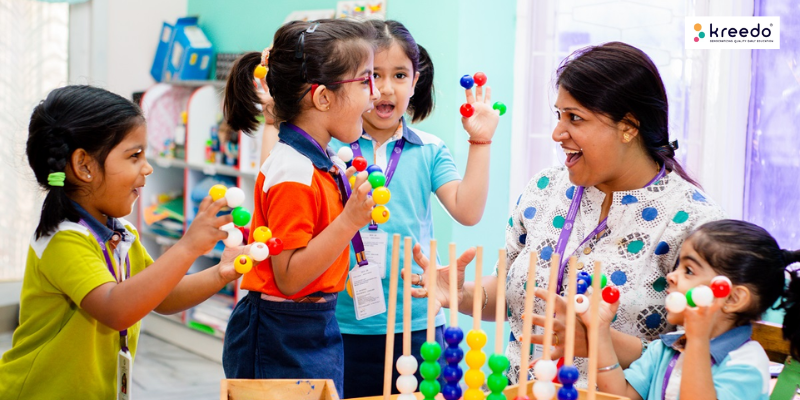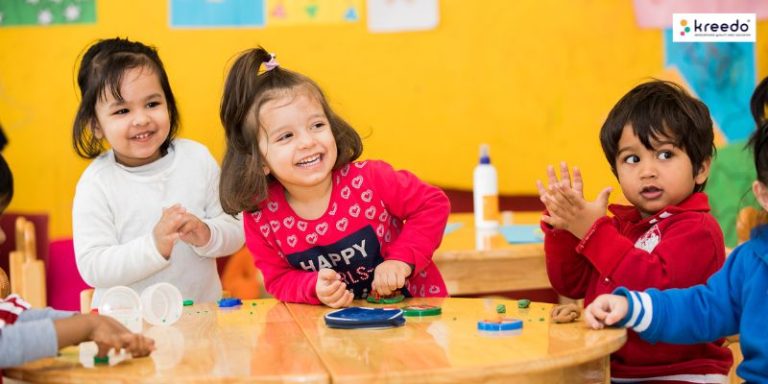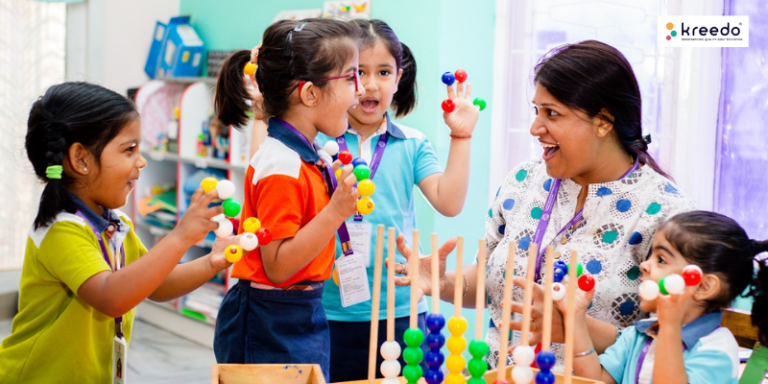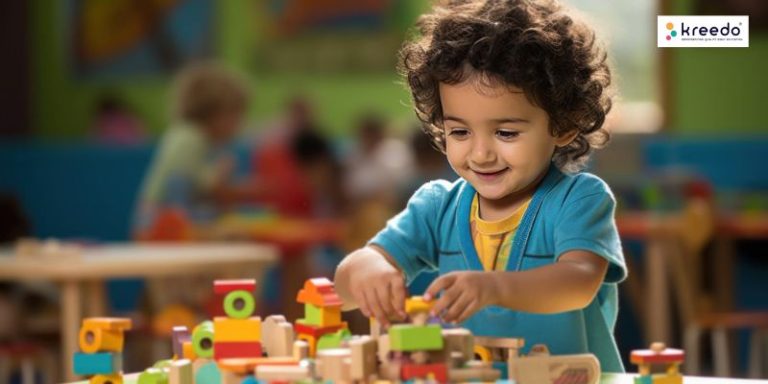Across the world, parents wonder why their children behave so well in school but become so difficult the minute they step out of school. Teachers attribute this to the fact that children know that their parents love them and will accept them no matter what, so they test their limits. However, there are a couple of practices that preschool teachers employ that parents would find easy to implement. They will lead to big changes in the child’s behavior at home.
1. Promote Independence: Teaching children self-help skills will go a long way in speeding up daily routines as well as giving children a sense of independence. Preschool teachers expect children to do simple things like hang their coats up, throw their used paper plates in the bin, and so on and if these expectations continue at home, the child will find it quite easy to follow them.
2. Make Play a Priority: Preschool teachers agree that children today spend much less time playing than they used to a decade or two ago. Too much of their day is made up of supervised activities with an adult always hovering overhead. Parents should allow their children to ‘go play’ and just let them do what they want to do, within reason. Dress-up clothes, play dough, and cardboard boxes with holes cut out are great creative play stimulants that don’t require much adult supervision.
3. Let them Solve Simple to Complex Problems: If you’re always rushing to the child’s aid, very soon s/he will begin to expect it and will have very little motivation to do things for himself/herself. Give the child time to figure out a solution by themselves before you go over to help them.
4. Develop Predictable Routines: Children seem calmer at preschool because they follow the same routine every day and they find comfort in knowing what is going to happen next. If you can try to establish a simple daily routine that children can easily follow, you will have a much calmer child at home as well.
5. Set it to a Tune: Preschool teachers agree that setting any activity to a tune makes it fun and this works best with cleaning up. You can devise a cleaning-up tune or try to race a familiar tune to motivate the child to clean up.
6. Involve them in Righting their Wrongs: Include children in righting their wrongs. If they have colored on the walls, take their help in cleaning it off. If they have knocked down their sister’s block tower, ask them to help her to build it again.
The Authoritative or nurturing parent style produced the best results when it comes to child behavior. Reflecting Maria Montessori’s theory of freedom within limits, authoritative parents set expectations and boundaries but also encourage their children to think and act independently.
Written by,
Savita K
IV Year, Human Development and Family Studies Course
College of Rural Home Science, University of Agricultural Sciences, Dharwad




